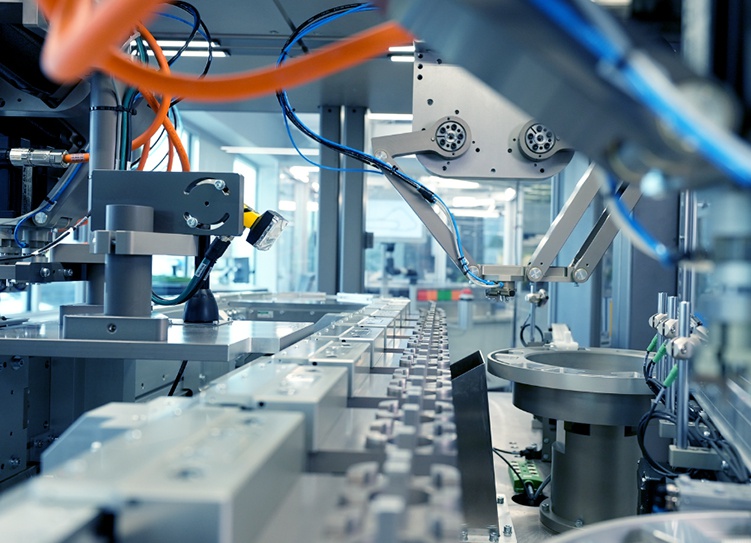SWAN ELECTRIC Extends Holiday Shipping Guarantee to Support Client Year-End Operations
Special Festive Season Logistics Plan Ensures Automation Parts Delivery Before Christmas Shutdown Release Date: December 2025 With the Christmas and New Year holiday season approaching, SWAN ELECTRIC announces the activation of its "Festive Season Supply Guarantee" to help global manufacturing clients maintain operational continuity through the year-end period. Recognizing that plant shutdowns and urgent maintenance needs often coincide with holiday closures, SWAN has implemented extended logistics protocols to ensure critical automation components arrive on time. From now until December 20, 2025, orders for essential PLC, DCS, and drive components from brands like Siemens, Rockwell, and ABB will qualify for guaranteed pre-Christmas delivery to major industrial regions in North America and Europe. This initiative leverages expedited air freight partnerships and dedicated holiday logistics channels. "Christmas should be a time of celebration, not supply chain anxiety," said ERIC, Operations Director at SWAN ELECTRIC. "Many of our clients schedule critical maintenance or final project phases during the holiday shutdown. Our guarantee ensures they have the genuine parts needed to complete work and resume production smoothly in the New Year." The company’s real-time inventory portal (www.abplccenter.com) has been updated with clear indicators showing which items are eligible for the holiday shipping guarantee. Additionally, SWAN’s technical support team will maintain extended availability during the week leading up to Christmas to assist with last-minute compatibility checks and order coordination. This program reflects SWAN’s commitment to being a reliable partner beyond simple transactions, actively supporting clients’ operational rhythms during critical seasonal periods. About SWAN ELECTRIC SWAN is a global supplier specializing in industrial automation control modules, providing manufacturing clients with solutions featuring genuine product assurance, rapid delivery, and cost optimization.










